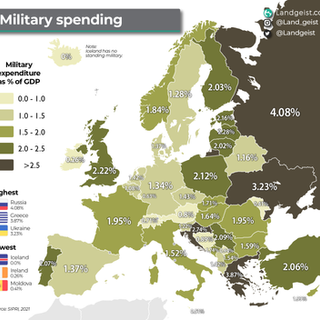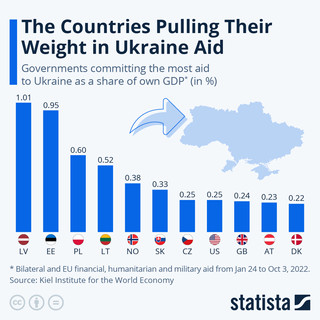Why many European countries are getting angry against Germany?
- Sebastian Palacios.

- Jan 24, 2023
- 3 min read
Germany exports one of the best battle tanks in the world, the Leopard 2. The private producer, Krauss-Maffei Wegmann, has delivered around 2000 units in the last decades to 12 European countries, and they need permission from the German government to re-export them to any third country.
Ukraine is asking directly to Germany and its clients for 200 of those tanks, but the social democratic government of the Chancellor Olaf Scholz hasn't authorized those deliveries yet. Last week, the conservative government of Poland threatened to send its own Leopard 2 to Ukraine without waiting a German answer, describing Germany as “the least proactive country out of the European group in the Ukrainian matter, to put it mildly". At the same time, the Baltic states have urged Scholz to take a more decisive position regarding the war in Ukraine and also deliver the tanks.
Germany says that it might consider to deliver the Leopard 2 only if the US also agrees to send its M1 Abrams tanks to Kyiv, something the Pentagon has rejected given the logistical costs. So far, countries like Finland, Spain, Netherlands and Denmark have agreed to send their own Leopard 2 to Ukriane if the German government gives its consent, but Scholz has delayed the answer to that citing the need to "evaluate carefully this decision with global partners".
This German reluctance is explained by Berlin's approach to conflicts and military expenditure dating back from the 50s, when the country was accepted into the European common project with the condition that it did not acquire nuclear weapons. Additionally, the feelings of guilt and caution, that Scholz himself has described as “the dramatic consequences of two world wars that originated in Germany", have dominated the political culture in the country ever since.
This passive role has been seen by the political elite as a 'gift' to the rest of the world powers by restraining the country to take an active role on global geopolitics. Instead, Germany has been able to focus its budget on building a development model that depended on cheap Russian energy, low labor costs of companies in China and security guarantees from the United States.
This mentality among top German politicians has broad support in the public opinion as well. A major survey found last week that just 46% of the national voters are currently in favor of sending the Leopard 2 tanks to Ukraine, whereas the core supporters of Scholz's party, the Social democratic party (SPD), traditionally are in favor of a pacifist approach.
However, this line might prove to be untenable for Scholz, as Germany could risk some international isolation among European actors, provoking also that they will turn even more to the US for military deliveries, diminishing German influence on security issues in the continent.
As a response, Scholz defends that only the US and the UK have delivered more military aid to Kyiv than Germany since the invasion began. With that, the country has broken its longstanding policy of not sending lethal weapons to conflict zones, as it gave heavy equipment to Ukraine, including armored infantry fighting vehicles and Patriot missile defense systems. According to German officials, sending the tanks will cross a red line that would allow the Ukrainian army to attack any Russian position, including Crimea, which the Kremlin has said would be ready to defend with nuclear weapons.
The political elite and much of the population in Germany still hope for a quick peaceful end of the war in Ukraine, and with that, to bring back Russia in what they call the "European family". Nevertheless, this approach might not work anymore given the new security doctrine of the Kremlin and the collective Western response to it.














Comments